Manufacturers are facing tougher environmental regulations and consumers are demanding more eco-responsible products. Now, one company has introduced a closed-loop reuse and recycling model that allows durable goods companies to take sustainability to the next level—while reducing costs and increasing ROI. Ecospan LLC, a materials science development company has made bio-plastics applications possible across multiple industries, reducing or replacing petroleum-based plastics across the supply chain.
On the front end, there is a customized “concept to mold” design of bio-based plastics for both products and product packaging. And on the back end, the company integrates bio-plastics shipping containers into reverse logistics operations along with re-use and regrind strategies.
“We are taking sustainability in plastics to the next frontier,” said Ecospan President Jeff White. “Up to this point, sustainability in durable goods has meant recycling, renewable energy where possible and less packaging. The breakthrough is that we can now replace the petroleum-based plastic material itself with renewable, bio-based plastics and then with our regrind and reuse model, keep these same materials in the supply chain—saving our customers millions of dollars, while achieving their sustainability goals.”
Through years of research and development, the company has achieved new attributes for bio-plastics—ranging from color-matching to anti-bacterial capabilities—that make more applications possible across multiple industries. BioFlow, its brand of proprietary biopolymers, is blended with other petroleum-free ingredients or blended with petroleum-based ingredients. It meets end-product specifications and makes possible a variety of products and packaging: housings and accessories for electronic devices, shipping containers and totes, lipstick tubes and eye shadow cases, children’s toys, and so on.
At the back end of the supply chain, Ecospan integrates petroleum-free bio-plastics transport containers into a close-looped reverse logistics process to move returned products for repair, reuse or recycling.
The containers get multiple uses (up to 15-20 cycles)—more than other material alternatives to petroleum-based plastics, like cardboard or paper—and reduce product damage, driving down costs and increasing profitability. The sustainable loop is closed when, at the end of their life, the containers are reground and repurposed into new products and put back into the closed loop system, reducing waste in landfills and carbon emissions.
“We integrate our 100% petroleum-free biopolymers into a process that creates a cooperative ecosystem between the product brand owner, their suppliers and distribution partners in order to drive down costs and increase brand loyalty with today’s more eco-demanding consumers,” said White.
Ecospan’s bioplastics can be integrated across traditional manufacturing processes, such as injection molding and T-die extrusion. The proprietary renewable resins and production molds can be delivered to production facilities anywhere in the world, making local manufacturing possible. This significantly reduces transportation costs for its clients and mitigates the risk in volatile fuel prices, while reducing green house gas emissions.
Ecospan LLC
www.ecospan.com
Filed Under: Factory automation, Green engineering • renewable energy • sustainability, Motion control • motor controls

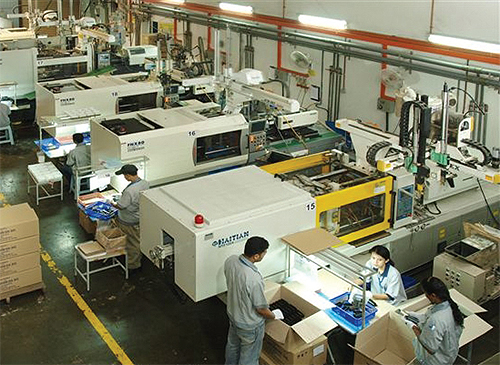
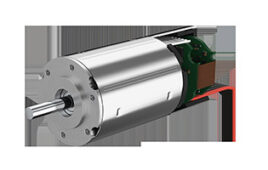
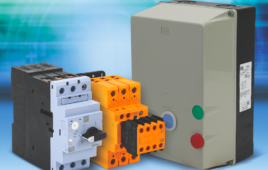
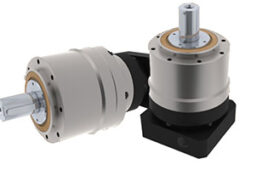
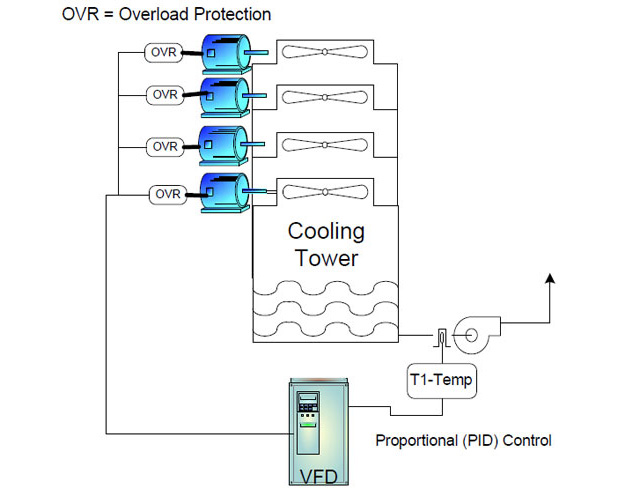
Tell Us What You Think!